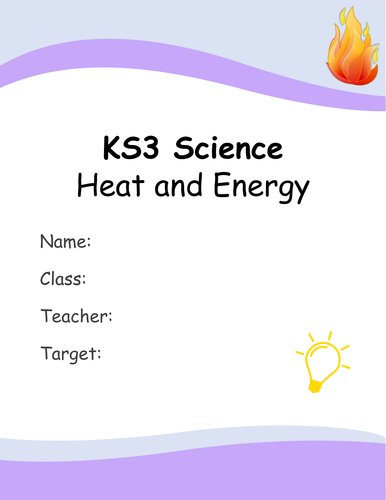revisechemistry.uk
Looking for some decent, engaging science resources? Look no further! I studied in Nottingham for my undergraduate degree in Medicinal and Biological Chemistry, and then completed my Master's in the same field. I completed my teacher training at the same university, and now I currently teach 11-18 year olds at a school in Richmond-upon-Thames. I am currently the Head of Chemistry at a school in SW London. Upload videos to TikTok, YouTube and Instagram.





















